Applied AI in Oral Health Summer Institute
with the School of Dentistry
Sponsored by the Network for Canadian Oral Health Research (NCOHR)
Jump to:
Event details | Speakers | Schedule | Frequently asked questions
NCOHR Summer Institute
Want to learn about AI in a non-intimidating environment and take something tangible and meaningful back? This four-day session is the perfect boot camp for researchers, clinicians and students looking to incorporate AI into practice.
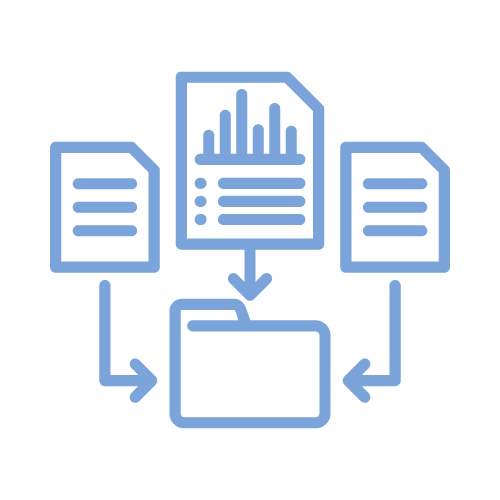
Event details
July 23 to 26, 2024, in Edmonton, Alberta
28 CE credits* | In-person | General: $600 | Students: $200
Registration deadline: July 14, 2024
This conference dives into analytics and informatics using machine learning. We'll turn data into intelligence that will drive your decisions. Whether you are a newcomer to AI, or a seasoned researcher, our custom labs and lectures will go beyond the theory to provide you with practical takeaways to utilize.
Note: Attendees must be a member of NCOHR. Membership is free.
* This number is an estimate. Your regulatory body will issue the credits.
Dr. Hollis Lai
associate professor and director of innovation and quality improvement
Dr. Hollis Lai his research interest is in analytics and psychometrics.
He also serves as director of learning sciences in the MD Program. His team has developed many learning solutions used throughout the Faculty of Medicine and Dentistry. He co-developed the method for automatic item generation that is now being used by testing agencies around the world. Hollis is a university alumni of the Faculty of Education and the School of Business.
Find Dr. Hollis Lai on Open Researcher and Contributor ID (ORCID).
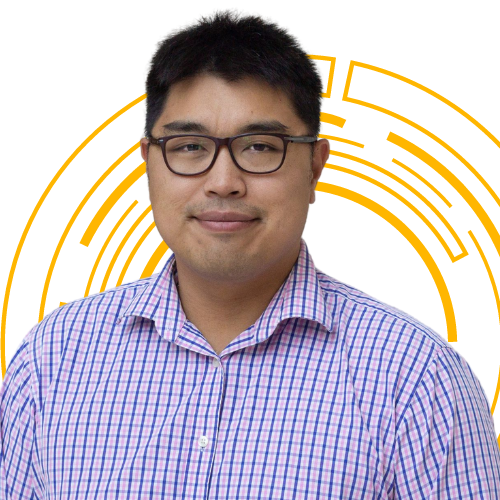
Dr. Nazila Ameli
Term Clinical Lecturer
Dr. Nazila Ameli is an accomplished orthodontist with over seven years of experience as a faculty professor. Her research involves analyzing both text and image data in the field of dentistry, with several studies published.
Currently a PhD candidate, she is dedicated to exploring the applications of artificial intelligence in dentistry and oral health. As the president of the Artificial Intelligence in Medicine Student Society (AIMSS), she leads efforts to integrate cutting-edge technology with health care to enhance patients' well-being.
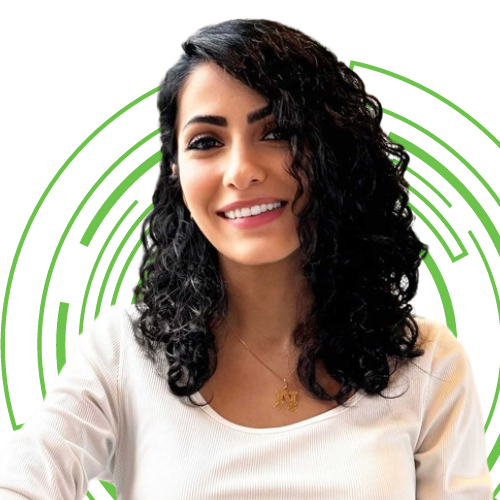
Dr. Tahereh Firoozi
Postdoctoral fellow
Dr. Tahereh Firoozi holds the Alberta Innovates Postdoctoral Fellowship in the School of Dentistry. Her fellowship is focused on dental analytics and applications of artificial intelligence and large language models (LLMs) to health science research.
Dr. Firoozi completed her PhD in the measurement, evaluation, and data science (MEDS) program at the University of Alberta. She also holds a doctoral degree in applied linguistics. Dr. Firoozi’s research combines her knowledge in natural language processing (NLP) and applied linguistics with advanced data science methods to solve practical problems in health sciences and education. Currently, she is focusing on leveraging a medical knowledge graph into LLMs for diagnosis prediction.
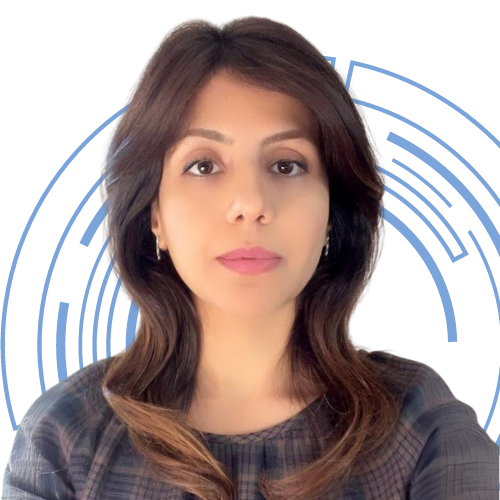
Dr. Kumaradevan Punithakumar
associate professor and chair in diagnostic imaging
Dr. Kumaradevan Punithakumar is an associate professor in the Department of Radiology and Diagnostic Imaging. He is also the chair at the Servier Virtual Cardiac Centre, Mazankowski Alberta Heart Institute. His areas of interest include medical image analysis and visualization, machine learning, computer vision, information fusion, object tracking, and nonlinear filtering.
He received his BSc Eng (with First class Hons.) degree in electronic and telecommunication engineering from the University of Moratuwa, and his MASc and PhD degrees in electrical and computer engineering from McMaster University.
From 2001 to 2002, he was an instructor in the department of electronic and telecommunication engineering at the University of Moratuwa. From 2002 to 2007, he was a teaching assistant and, in 2008, a postdoctoral research fellow, in the department of electrical and computer engineering at McMaster University. From 2008 to 2012, he was an Imaging Research Scientist at GE Healthcare, Canada.
Dr. Punithakumar was the recipient of the Industrial Research and Development Fellowship by the National Sciences and Engineering Research Council of Canada in 2008, and the Outstanding Associate Editor award by the IEEE Access in 2018 and 2020.

Dr. Fabiana Almeida
Assistant professor
Dr. Fabiana Almeida is an assistant professor at the School of Dentistry. As a clinical researcher, her research interests include advanced imaging modalities (ultrasound, MRI and CBCT) applied to diagnosis in dentistry, particularly, TMJ and artificial intelligence applied to imaging.
She has dental and oral maxillofacial radiology training. She also completed a MSc (2010) and PhD (2016) in health sciences- oral diagnosis. As a postdoctoral fellow at the University of Alberta (2017-2019) she worked with imaging and new technologies applied to TMJ and periodontium diagnosis.
Currently, Dr. Almeida teaches oral radiology to DDS and DH students and advanced imaging to graduate students the clinical programs. She also serves as the discipline lead of oral and maxillofacial radiology and the director of the UG Research Initiative Program.
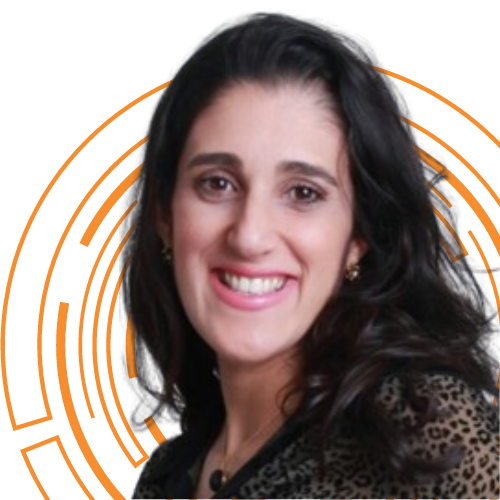
Dr. Maryam Amin
Associate Chair of Research and Director of the Dentistry Graduate Program
Dr. Maryam Amin is a professor and the associate chair of research, as well as the director of the dentistry graduate program at the School of Dentistry. She earned her DMD degree in Iran and completed her MSc and PhD at the University of British Columbia.
With a post-doctoral fellowship in health education and a certificate in "Teaching in Higher Education" from UBC, she received the American Dental Education Association/ADEA Gies Foundation Scholarship and completed the ADEA Leadership Institute's one-year certificate program.
Holding the College of Dental Surgeons of Alberta's clinical dentistry research chair, Dr. Amin's research focuses on the social and behavioral aspects of oral health. She particularly investigates psychosocial, behavioral, community, and societal influences on oral health and dental care access among disadvantaged populations. Her research program aims to identify risk factors leading to adverse oral health outcomes and inequalities, developing strategies for public health promotion and oral disease prevention.
With over 50 research grants, Dr. Amin has produced 95 peer-reviewed papers and four book chapters. She has supervised 26 graduate students (10 PhD, 16 MSc), 55 undergraduate summer research students, and eight visiting scholars, presenting her work at various local, national, and international meetings.
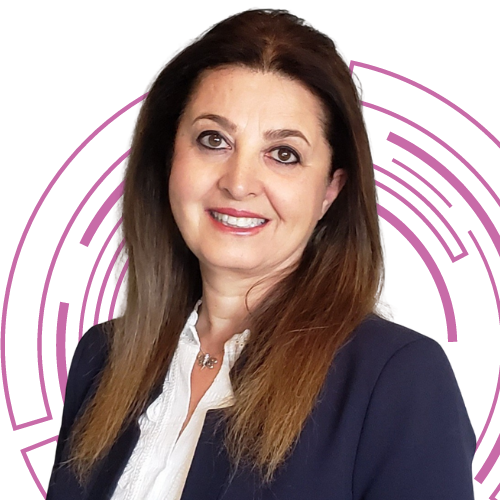
Dr. Reid Friesen
Assistant professor
Dr. Reid Friesen, BMSc, DDS, MSc, FRCD(C), is an oral medicine specialist certified by the Royal College of Dentists of Canada.
He completed his dental training at the University of Alberta in 2014, where he excelled academically, earning the Gold Medal in Dentistry for achieving the highest overall standing in his class. Following his graduation, Dr. Friesen pursued specialized training in oral medicine at the same institution, culminating in a master’s degree in medical sciences in 2018.
Currently, Dr. Friesen serves as an assistant professor at the university. He plays a pivotal role in the academic and clinical development of graduate students in oral medicine, as well as undergraduate students in dentistry and dental hygiene. His expertise encompasses a broad range of conditions, with a clinical emphasis on the management of orofacial pain and temporomandibular joint dysfunction, oral mucosal diseases, and dental sleep medicine. Dr. Reid Friesen oversees the TMD, orofacial pain clinic and sleep-disordered breathing clinic, which includes the comprehensive multidisciplinary orofacial pain clinic. This role highlights his expertise and leadership in the field, coordinating a team approach to complex orofacial pain conditions.
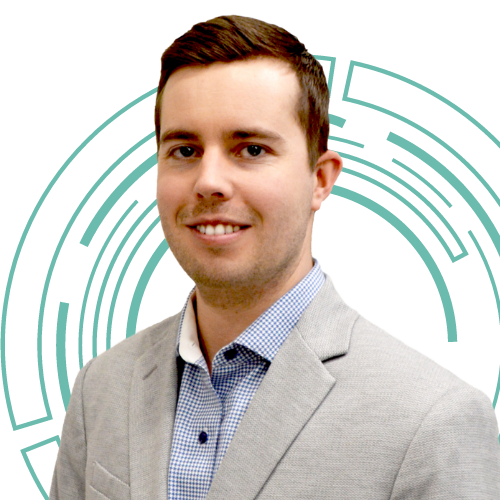
Frequently asked questions
Anybody interested in turning information into intelligent data! Grad students, undergrad students, academia, private practice dentists and specialists, dental hygienists, dental assistants…the list goes on!
- To learn about how AI can be applied to gain insight and research in oral health and other related industries.
- To learn from custom lab instructions to have a practical takeaway to implement in your context.
- To experience how intelligent techniques can be applied in the context of dental research.
*This conference and its sessions are designed specifically for newcomers to AI and for seasoned researchers wishing to incorporate intelligent techniques.
Accommodation is available at the University of Alberta. Rooms start at $70 per night or $80 per night for two people.
Book accommodationFour application topics (one each day)
- Tabular dining
- Text mining
- Image classification
- Feature detection
Structure for each topic
- Introduction to the concept
- Application example of concept in dental research
- Lab instruction to apply the skill
- Lab assignment to expand the skill
Lab competency levels (This is the cool part!)c
- Run and apply
- Modify to fit
- Customize to optimize
The Network for Canadian Oral Health Research (NCOHR) is a resource for collaboration in oral health research. Membership is free and a requirement to attend the conference.
The first 25 participants can apply for up to $500 coverage of their airfare to the conference from NCOHR.
Join the networkYou may be able to get your travel expenses reimbursed on a first-come-first-serve basis, up to $500, if you are travelling from outside of Alberta.
Your event registration includes:
- Lunch and snacks during breaks
- Lectures and labs
- Tutorial staff
Questions? Contact dentweb@ualberta.ca.